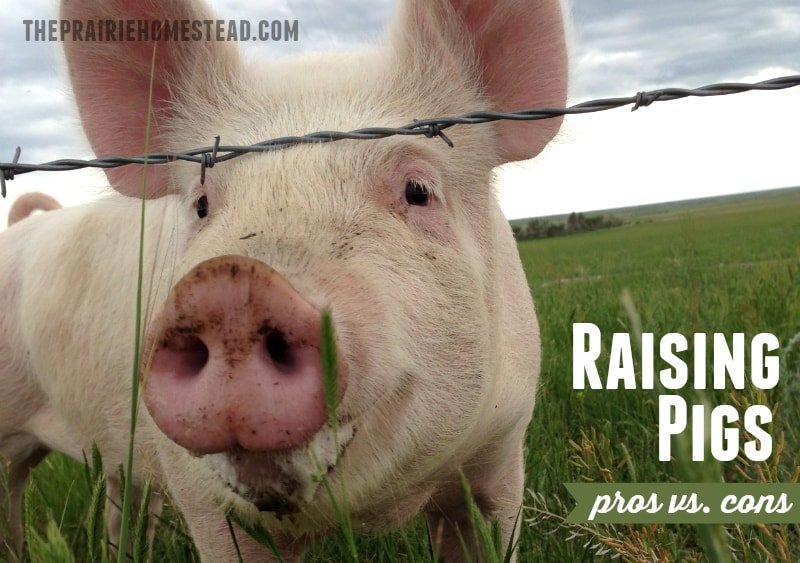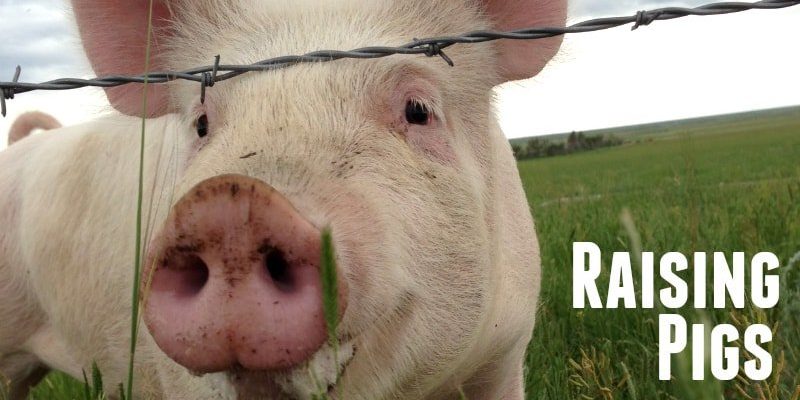
Imagine having a pet that’s not just affectionate but also incredibly smart. Pigs are often compared to dogs in terms of intelligence, but they come with their own set of unique traits. They can be as playful as puppies and sometimes just as mischievous! But like any animal, owning a pig isn’t all rainbows and sunshine. There are challenges and responsibilities you must consider. So, let’s explore the ins and outs of pig ownership together.
The Appeal of Pigs as Pets
Pigs can be incredibly appealing pets for several reasons. One of their standout features is their intelligence. Did you know that pigs can learn tricks and solve puzzles? They’re often compared to dogs in terms of cognitive abilities, which makes them engaging and fun companions. Imagine teaching your pig to do a little dance or come when called. It’s not just a dream; it can be your reality!
Another reason many people lean towards pigs is their personality. Pigs are often described as playful and curious. They love to explore their surroundings and interact with their human caregivers. Picture a little piggy snuffling around your house, investigating every nook and cranny. If you’re someone who enjoys a pet with a personality, a pig might just steal your heart.
However, there’s more to consider. Pigs have a strong social nature and require attention and companionship. Unlike a cat that might be content to lounge alone all day, pigs thrive on interaction—both with their human families and other animals. This means you’ll need to set aside time to engage with your pig daily, whether it’s through playtime or training sessions.
Space and Environment Needs
When thinking about pig ownership, one of the first questions to ask is: Do I have enough space? Pigs aren’t tiny animals; they need room to roam and explore. Ideally, you should have a large yard where they can root around safely. If you live in an apartment or don’t have access to outdoor space, a pig might not be a good fit.
Let’s think about their environment. Pigs are social animals and often feel more comfortable in a secure outdoor space. A fenced yard is ideal, as they are natural diggers. Without proper barriers, a curious pig can easily escape and find themselves in trouble—or worse, lost!
In addition to space, pigs require shelter. A simple pig house or barn can provide them protection from the elements. If you live in a colder climate, make sure to provide adequate heating or insulation, as pigs can be sensitive to extreme temperatures.
Health Considerations
Just like dogs and cats, pigs need regular check-ups with a veterinarian. But here’s the catch: not every vet is experienced with pig care. You might need to do some research to find a local vet who specializes in or is knowledgeable about pigs.
Pigs are prone to specific health issues, like obesity and skin infections. You’ll need to keep an eye on their diet and make sure they’re not snacking too much. Overfeeding is a common mistake new pig owners make. Their diet should consist mainly of high-quality pig feed combined with fresh fruits and vegetables.
Also, vaccinations are essential. Keeping your pig up to date on their shots can help prevent illness and keep them healthy for years to come. Staying informed about common pig diseases will go a long way in ensuring your pet stays healthy.
Legal and Zoning Issues
Before falling in love with a pig, you should check your local laws regarding pet ownership. Some areas have restrictions on owning pigs, especially certain breeds or sizes. You don’t want to find out after adopting that you need to rehome your new family member.
Zoning laws can be particularly tricky. Some neighborhoods allow pets but have strict regulations about livestock or farm animals. Contact your local authorities or neighborhood association to clarify what’s permitted in your area. Getting ahead of any legal issues can save you a lot of trouble down the line.
In addition, if you rent your home, double-check whether your lease permits pets—and if those pets include pigs. It’s always best to confirm these things before bringing your new friend home.
Costs Involved in Pig Ownership
Owning a pig can come with a hefty price tag. The initial cost of purchasing a pig can vary widely. Smaller breeds, like the pot-bellied pig, may be less expensive, but they can still cost several hundred dollars. Don’t forget to factor in all the essentials you’ll need to buy—like food, toys, bedding, and veterinary care.
Routine expenses also add up. Regular vet visits, food, and maintenance can easily exceed what you might spend on a dog or cat. And remember those adorable little piggy accessories? They can be costly too!
You might also consider whether your pig will require pet insurance. With potential health risks, having a safety net can be helpful in covering unexpected medical expenses. While it may seem like a lot upfront, being financially prepared can prevent headaches later on.
Training and Behavior Management
Training a pig can be both rewarding and challenging. Their intelligence means they can learn quickly, but they can also be quite stubborn. If you’ve ever tried to train a cat, you might have an idea of what I mean!
Positive reinforcement is the best method for training pigs. Using treats, praise, and encouragement helps them connect good behavior with rewards. Start with simple commands like “sit” or “come” and be consistent. Pigs often thrive on routine, so establishing a training schedule can lead to more successful sessions.
If your pig begins displaying unwanted behaviors, like rooting through your garden or being too vocal, don’t panic! Remember, they’re just acting on their instincts. Redirecting their behavior with toys, or providing them with a designated rooting area, can help manage their natural tendencies.
Emotional Bonds and Companionship
One of the most rewarding aspects of pig ownership is the emotional bond you can develop with your pet. Pigs are social animals and often develop strong attachments with their families. They’re known to be affectionate and may even seek out cuddles like a dog would, which can be incredibly heartwarming.
Consider this: after a long day, wouldn’t it be nice to come home to a little piglet who wags their tail and snorts in excitement? Those moments can create a lasting connection, reminding you of the joys of having a pig as a pet.
However, remember that pigs are social creatures and may not do well alone. If you’re not home often, you might want to consider having more than one pig or providing plenty of interaction and stimulation to keep them happy. A bored pig can become mischievous, leading to unwanted behavior.
So, are pigs good pets? The answer largely depends on your lifestyle, space, and commitment to care. As we’ve explored, pigs can be affectionate, intelligent companions that bring joy and laughter. But they do require specific care, attention, and a suitable living environment.
If you’re willing to invest the time and effort, you might just find that a pig is the perfect addition to your family. However, it’s crucial to weigh the pros and cons carefully. Understanding their needs can help ensure a harmonious relationship between you and your new piggy friend, transforming your home into a happy, snuffling sanctuary.

